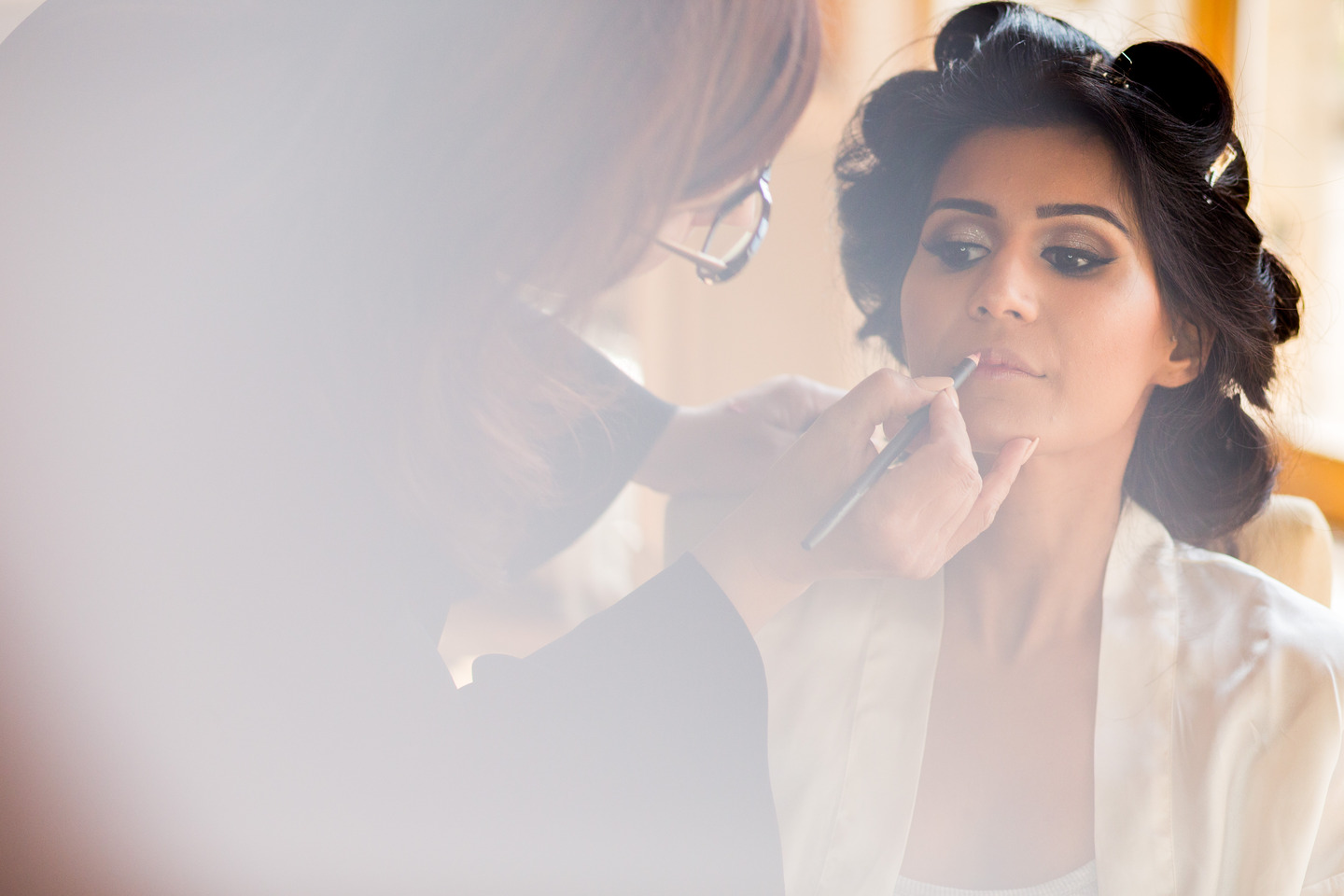From bedtime fairy tales to dinner table conversations, we’ve been fed a glowing, glittery image of marriage for as long as we can remember. The mandap was framed as the ultimate destination. The lehenga, the rituals, and the “happily ever after” all implied that life somehow becomes complete once you say “I do.” But here’s what nobody told us: marriages are not magic spells. They don’t automatically solve identity crises, personal growth journeys, or life’s inevitable plot twists. And they certainly don’t follow a single template. Today, as societal norms evolve and conversations around identity, agency, and timelines expand, we have every reason, and every right, to challenge the old rules and rewrite new ones.
Khush breaks down 10 deeply ingrained myths about marriage and why it’s absolutely okay to unlearn them.
Happily ever after begins at the mandap
We’ve long believed that love’s grandest chapter starts with the wedding. But real intimacy, understanding, and emotional partnership often unfold long after the pheras and photo ops. The mandap might be a beautiful beginning, but it’s not the final draft. The everyday rituals, sharing meals, navigating stress, finding common ground, are where love truly matures. Romance isn’t confined to grand gestures; it thrives in the ordinary.
You must marry by 30 or be doomed
The “expiry date” myth has haunted generations, especially women. As if a ticking biological or societal clock dictates your emotional readiness or compatibility with someone. But timing is deeply personal. Love may find you at 25, or at 45, or not at all, and that’s perfectly valid. A rushed marriage to meet an invisible deadline serves no one. You’re not late, you’re just on your own timeline.
But here’s the truth: life doesn’t run on a timer. Sushmita Sen chose single motherhood in her 20s, built a life on her terms, and embraced love later, with or without the marriage tag. Love doesn’t come with a deadline. It comes when you’re ready.
Your wedding day will be the best day of your life
This belief often places immense pressure on one singular event, turning the wedding into a high-stakes performance rather than a celebration. But what if the best day of your life hasn’t happened yet? What if it’s a quiet Sunday, years later, reading on the couch with your partner? Weddings are beautiful milestones, but they shouldn’t be the peak. Life, with all its unexpected joy, is still ahead.
Priyanka Chopra and Nick Jonas had a whirlwind wedding that made headlines for days, but the couple often speaks about how they treasure the quieter moments far more—the mundane, the domestic, the everyday intimacy.
Good partners adjust
“Adjustment” is often a euphemism for self-sacrifice, almost always directed at women. But a successful marriage isn’t about one partner folding themselves into someone else’s mould. It’s about both people evolving, growing, and compromising with equal respect. Love isn’t about erasing parts of yourself to fit in. It’s about being celebrated, quirks, flaws, opinions and all.
Opposites always attract
This classic line has been romanticised endlessly. And while differences can be exciting, shared values, life goals, and communication styles often matter far more in the long run. Compatibility doesn’t always mean having similar hobbies, it means understanding each other’s silences, supporting each other’s growth, and finding strength in partnership. Opposites may attract, but alignment is what sustains.
Look at Anushka Sharma and Virat Kohli, both ambitious, disciplined, grounded. They share values and work ethic is what makes them strong, not their differences. Your partner doesn’t need to be your opposite; they just need to complement your journey.
Marriage means the end of freedom
There’s a lingering idea that once you’re married, your independence disappears. That your time, identity, and dreams must now be “shared”, often interpreted as “sacrificed.” But a good marriage doesn’t box you in, it gives you room to be more of who you are. When nurtured right, partnership can amplify your voice, not mute it. Autonomy and commitment are not mutually exclusive.
Marriage = babies
One of the most persistent myths is that marriage must be followed by children, and soon. But parenthood is a choice, not a prerequisite. Couples may choose to delay it, decline it, or redefine it in ways that make sense for them. A marriage without children can be just as meaningful, committed, and joyful. Fulfilment doesn’t look the same for everyone, and it’s time society accepted that.
Jennifer Aniston, long scrutinised for not having children, recently shared her fertility journey and called out how women are still unfairly judged by motherhood. Her story reminds us that a marriage can be whole and fulfilling with or without children.
Love marriage is risky; arranged marriage is safe
This binary idea is deeply flawed. Both love and arranged marriages require equal effort, trust, and communication. Neither guarantees success, and both can be beautiful when built on mutual respect. What matters is not how you met your partner, but how you build a life together, whether through spontaneous romance or thoughtful arrangement.
Once married, you’ve “settled down”
“Settling down” sounds like an ending, as if all ambition, discovery, or unpredictability should now be tucked away. But marriage isn’t a conclusion. It’s a dynamic phase, filled with as much change, learning, and reinvention as any other. Careers shift, passions evolve, and personal growth continues. A marriage that encourages that evolution is the real goal, not one that halts it.
Marriage is the ultimate goal
From childhood, particularly for girls, marriage is portrayed as the finish line, the final stamp of success. But it’s not. It’s one of many paths, not the destination. A fulfilling life can involve marriage, or it can also be about career, creativity, friendships, solo adventures, or self-love. You are not incomplete without a spouse. You are not a failure if you choose to walk a different path.
But marriage is not a medal; it’s a choice. Whether you marry or not doesn’t define your worth. Emma Watson called it being “self-partnered,” and it sparked a global conversation. You can be single, dating, divorced, or in a committed relationship, and still be whole.
The truth is, there’s no universal marriage story. And yet, we’ve spent decades trying to squeeze ourselves into outdated ideals, fearful of deviating from the “norm.” But norms are just repetitions, not sacred laws. And they’re ripe for disruption. It’s okay to marry late. It’s okay to never marry. It’s okay to leave a marriage that no longer nurtures you. It’s okay to not want children. It’s okay to choose your freedom, your career, and your peace. It’s okay to rewrite what love and commitment mean for you. Because the most powerful marriage you’ll ever have is the one with yourself, everything else is a beautiful bonus. So, what myth are you ready to rewrite?













